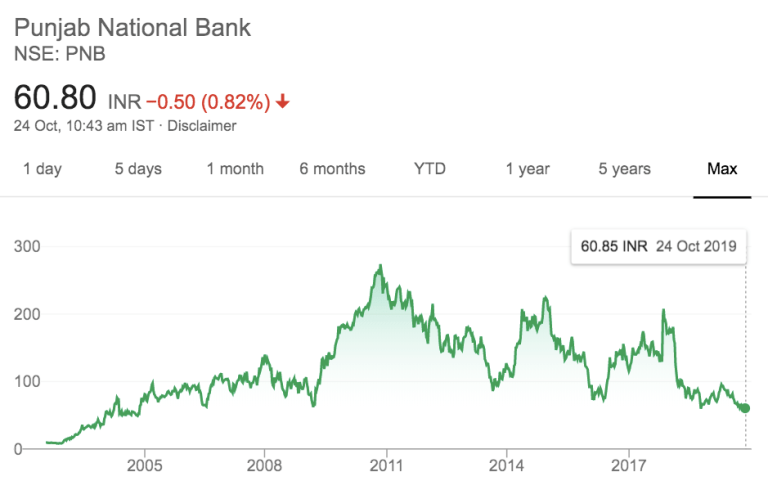The Fascinating World of Cryptocurrency: Unraveling the Digital Revolution
Introduction
In recent years, the world has witnessed an unprecedented revolution in the realm of finance and technology. Cryptocurrency, the digital currency of the future, has emerged as a transformative force that promises to reshape the way we conduct financial transactions, invest, and even perceive money itself. This article delves into the captivating universe of cryptocurrency, exploring its origins, technology, impact on traditional finance, and what the future might hold.
The Genesis of Cryptocurrency
1.1 Bitcoin: The Pioneer
The journey of cryptocurrency began with Bitcoin, introduced in 2009 by an anonymous entity known as Satoshi Nakamoto. Bitcoin was envisioned as a decentralized, peer-to-peer digital currency that would eliminate the need for intermediaries like banks in financial transactions.
1.2 Blockchain Technology
At the heart of cryptocurrency lies blockchain technology, a distributed ledger system that records all transactions across a network of computers. This technology ensures transparency, security, and immutability of data, making it the backbone of cryptocurrencies.
Understanding Cryptocurrency
2.1 How Cryptocurrency Works
Cryptocurrency operates on a decentralized network of computers, often referred to as nodes. These nodes validate and record transactions on the blockchain, ensuring the integrity of the network.
2.2 Types of Cryptocurrency
Bitcoin may have been the first, but it’s far from the only cryptocurrency. There are thousands of cryptocurrencies in existence today, each with its unique features and use cases. Some prominent examples include Ethereum, Ripple (XRP), and Litecoin.
The Impact on Traditional Finance
3.1 Disrupting the Banking Sector
Cryptocurrency poses a significant challenge to traditional banking systems. With the ability to conduct cross-border transactions quickly and with lower fees, cryptocurrencies are transforming international finance.
3.2 Investment Opportunities
The cryptocurrency market has become a hotbed for investors seeking high returns. While the volatility is undeniable, it has also provided opportunities for substantial profits.
Cryptocurrency and Everyday Life
4.1 Online Shopping and Payments
Cryptocurrencies are gradually becoming a mode of payment for online purchases and services. From e-commerce giants to small businesses, many now accept digital currencies.
4.2 Financial Inclusion
Cryptocurrency has the potential to provide financial services to unbanked populations worldwide, giving them access to a range of financial tools.
The Regulatory Landscape
5.1 Government Stances
Governments and regulatory bodies around the world have varying views on cryptocurrency. Some have embraced it, while others have imposed stringent regulations.
5.2 Future of Regulation
The regulatory environment for cryptocurrencies is still evolving. Many countries are working to strike a balance between consumer protection and fostering innovation.
The Future of Cryptocurrency
6.1 Mass Adoption
As cryptocurrencies become more user-friendly and accessible, it’s possible that they will become a ubiquitous part of our daily lives.
6.2 Technological Advancements
The cryptocurrency space continues to innovate, with developments such as non-fungible tokens (NFTs) and decentralized finance (DeFi) promising exciting possibilities.
Conclusion
In conclusion, cryptocurrency has ushered in a new era of financial innovation and opportunity. Its decentralized nature, underpinned by blockchain technology, has the potential to reshape traditional finance and empower individuals worldwide. As we navigate this digital revolution, it’s essential to stay informed and adapt to the changing landscape of finance.
FAQs (Frequently Asked Questions)
1. What is the most well-known cryptocurrency?
The most well-known cryptocurrency is Bitcoin, often referred to as digital gold.
2. How can I buy cryptocurrency?
You can buy cryptocurrency through cryptocurrency exchanges, which allow you to trade digital assets using fiat currency or other cryptocurrencies.
3. Is cryptocurrency a safe investment?
Cryptocurrency investments come with risks due to their volatility. It’s crucial to research and understand the market before investing.
4. What is the role of miners in cryptocurrency?
Miners are individuals or entities that validate and record transactions on the blockchain by solving complex mathematical puzzles. They play a crucial role in maintaining the network’s integrity.
5. Can I use cryptocurrency for everyday purchases?
Yes, many businesses now accept cryptocurrency as a form of payment for goods and services, making it increasingly usable in daily transactions.







